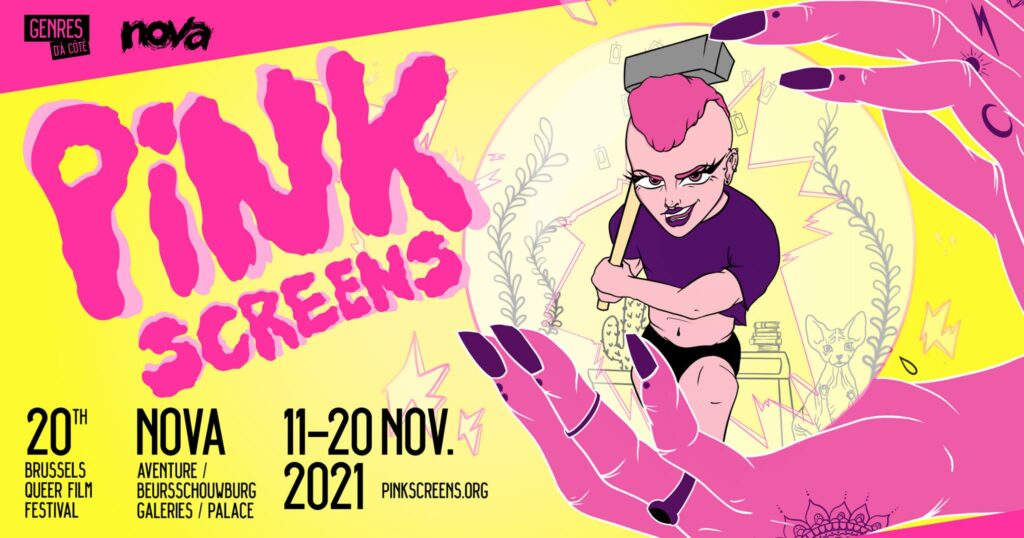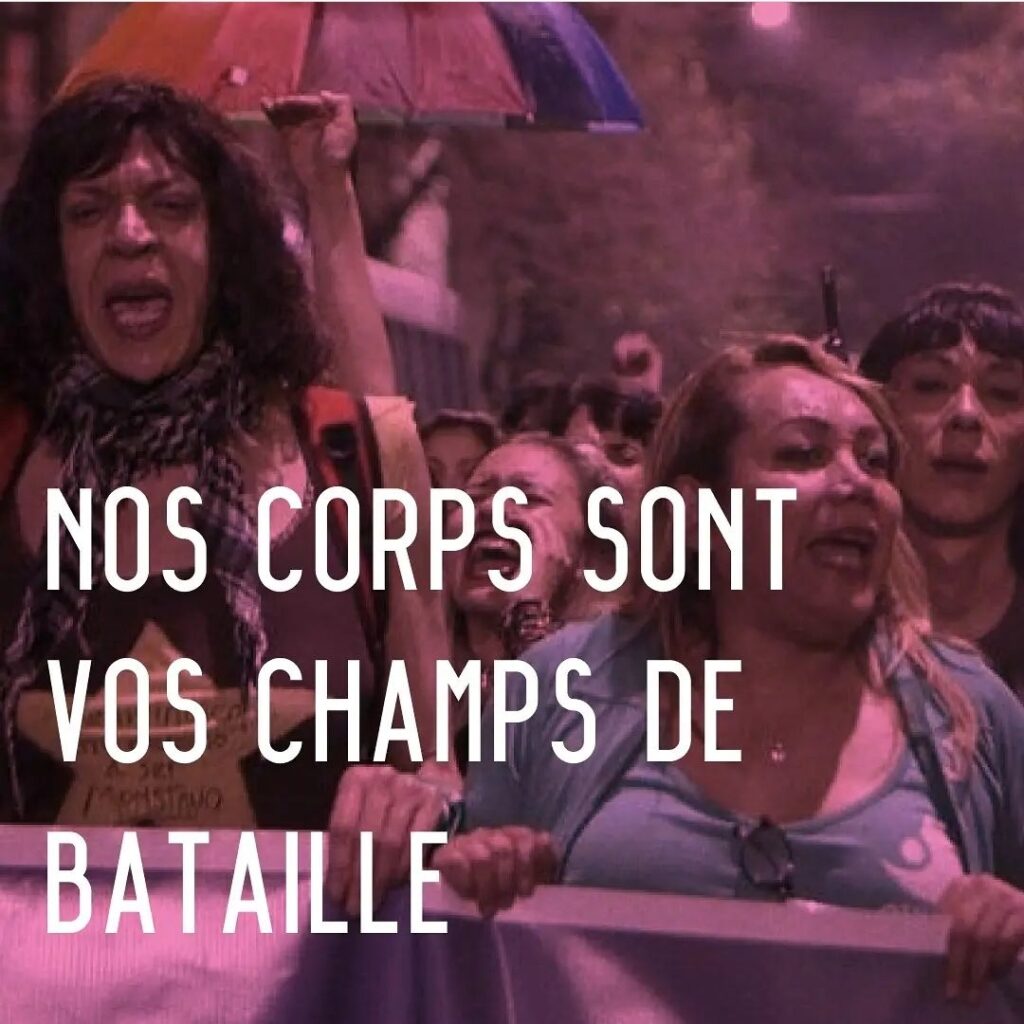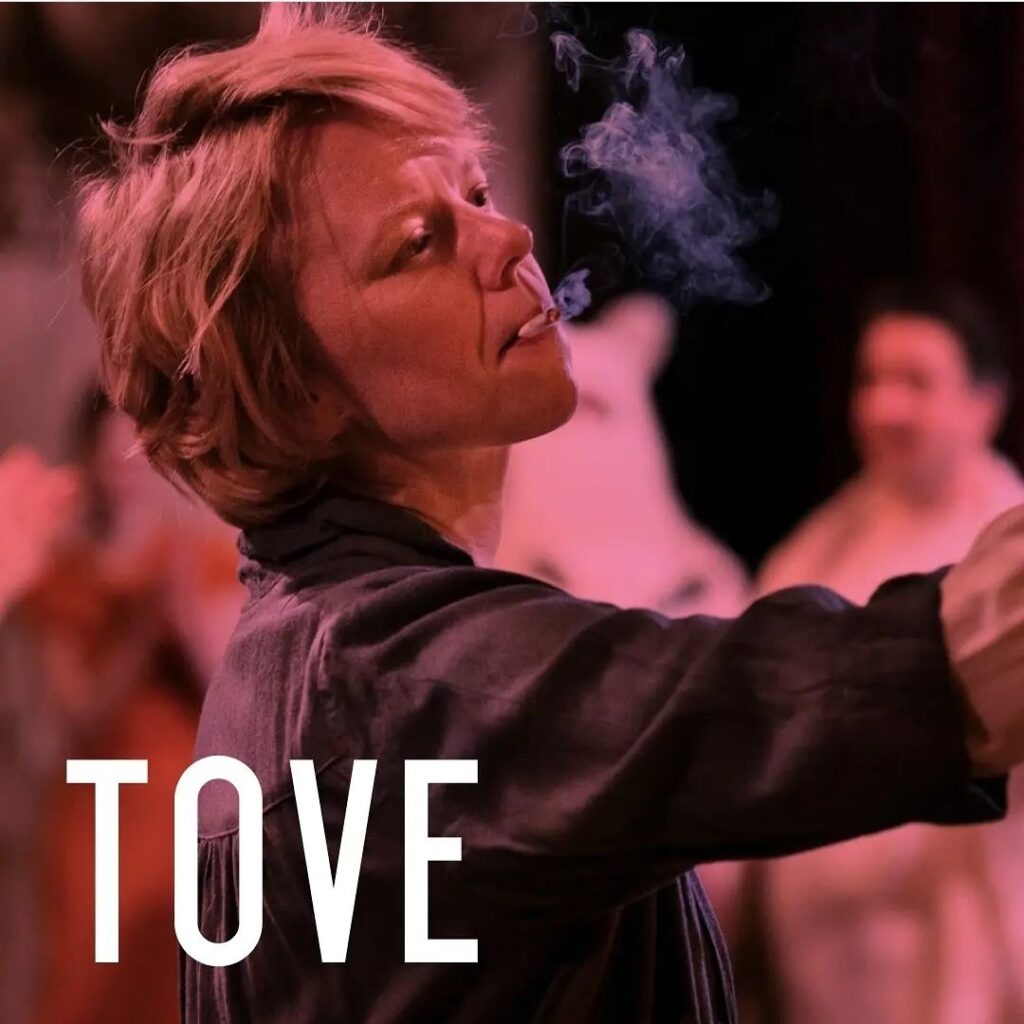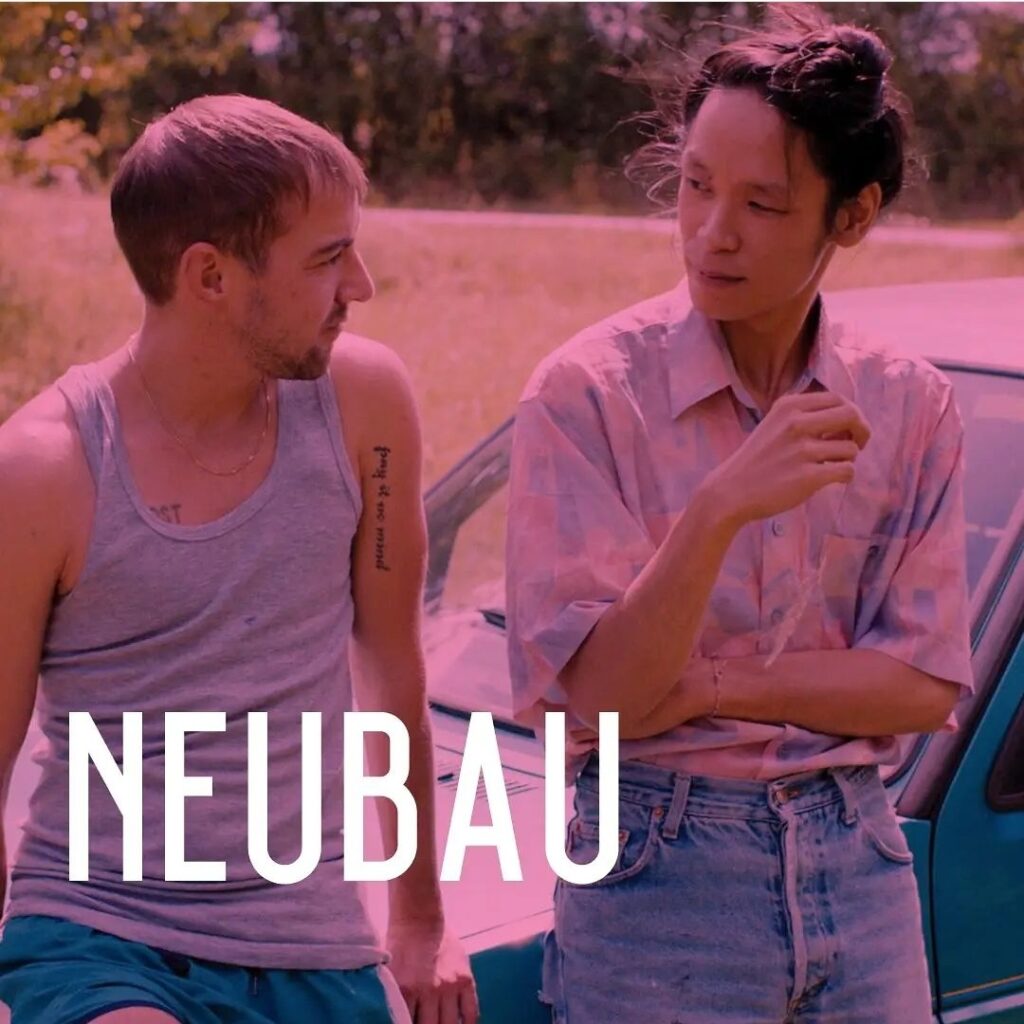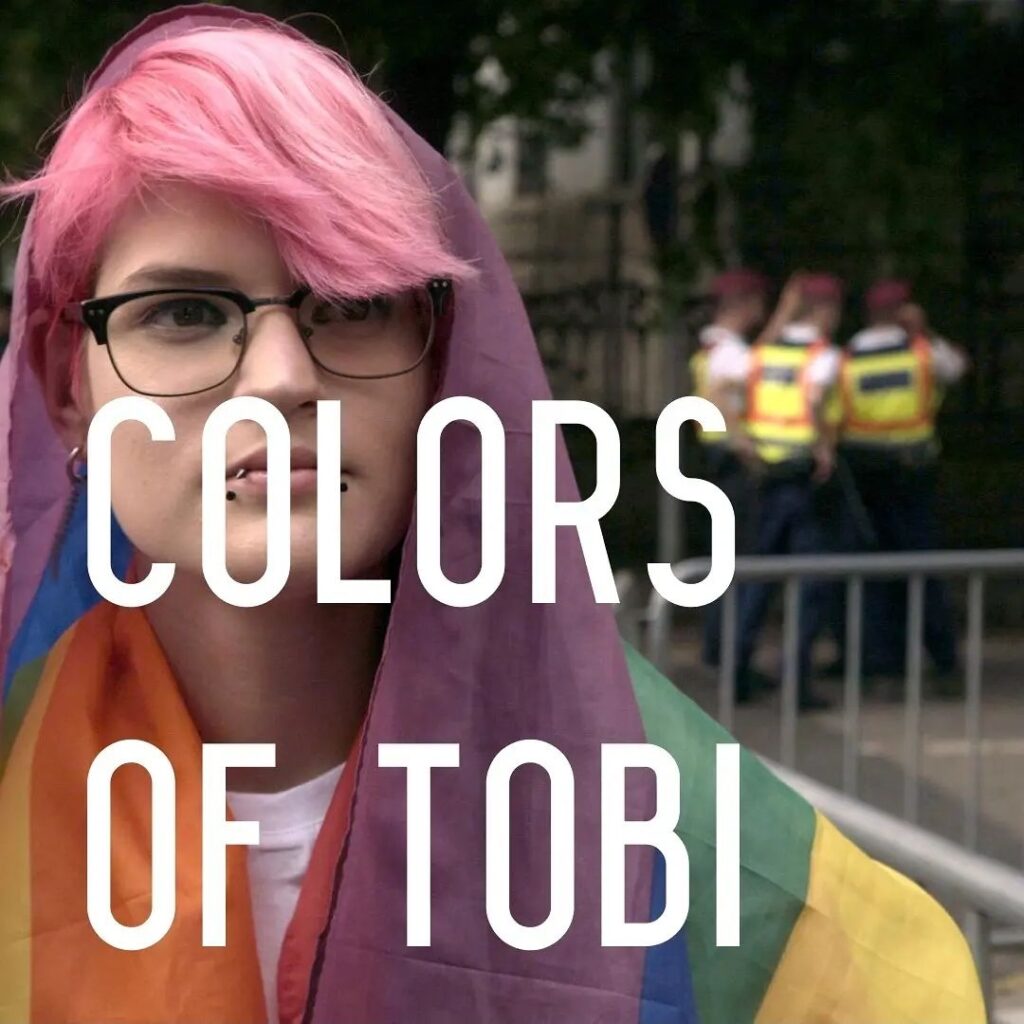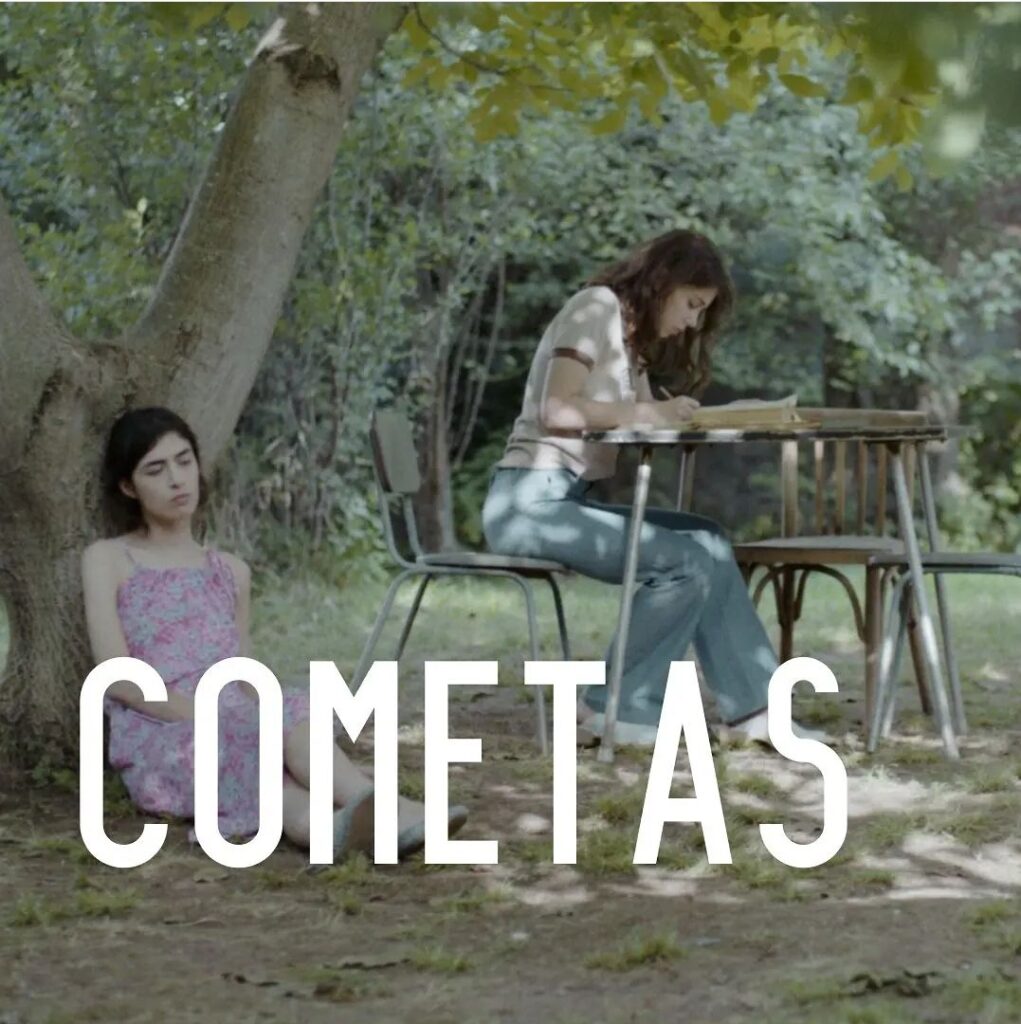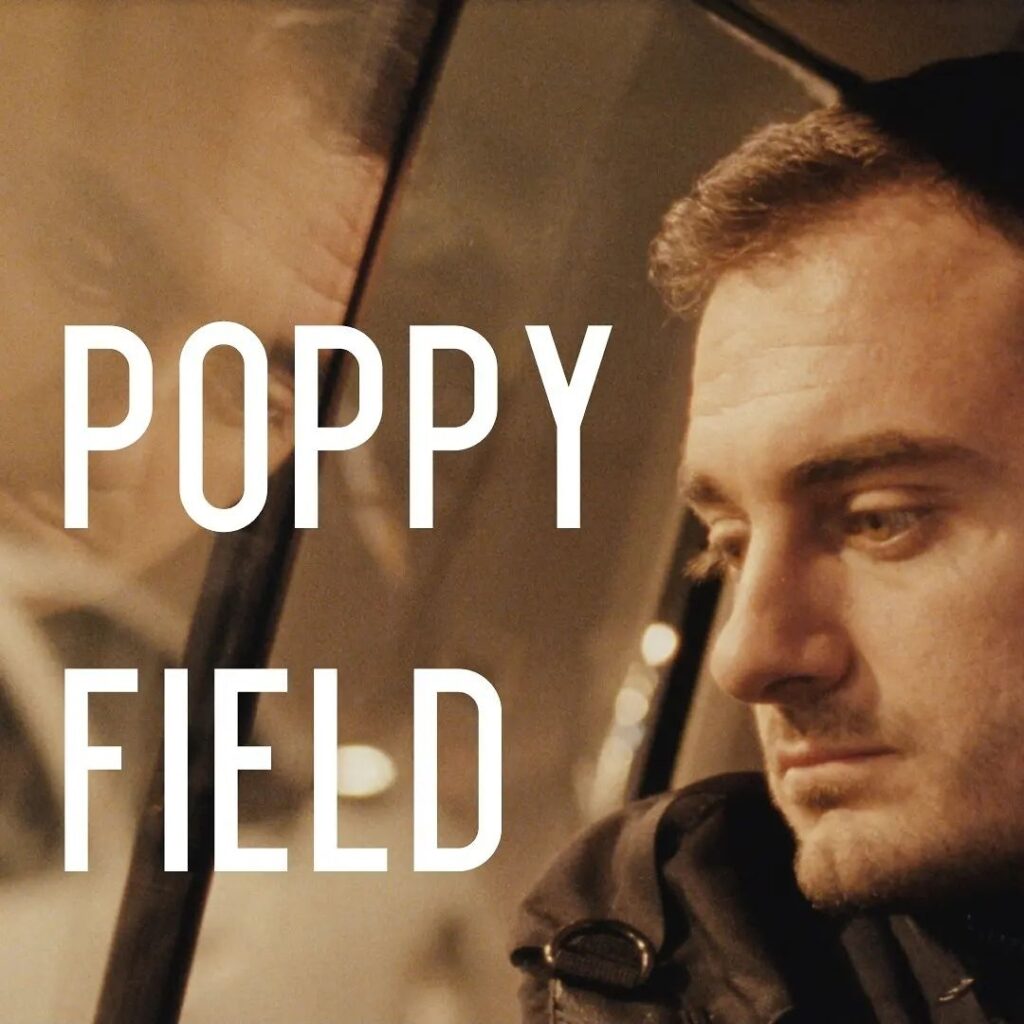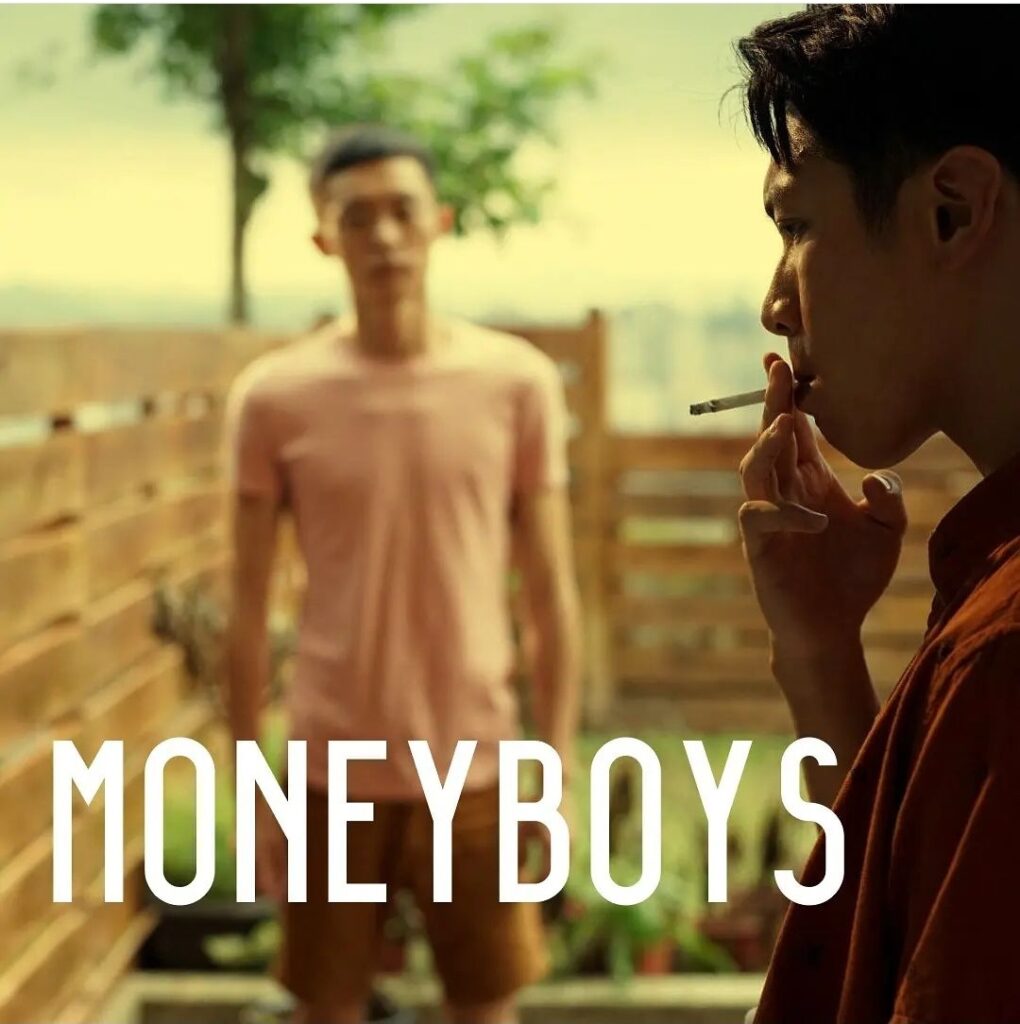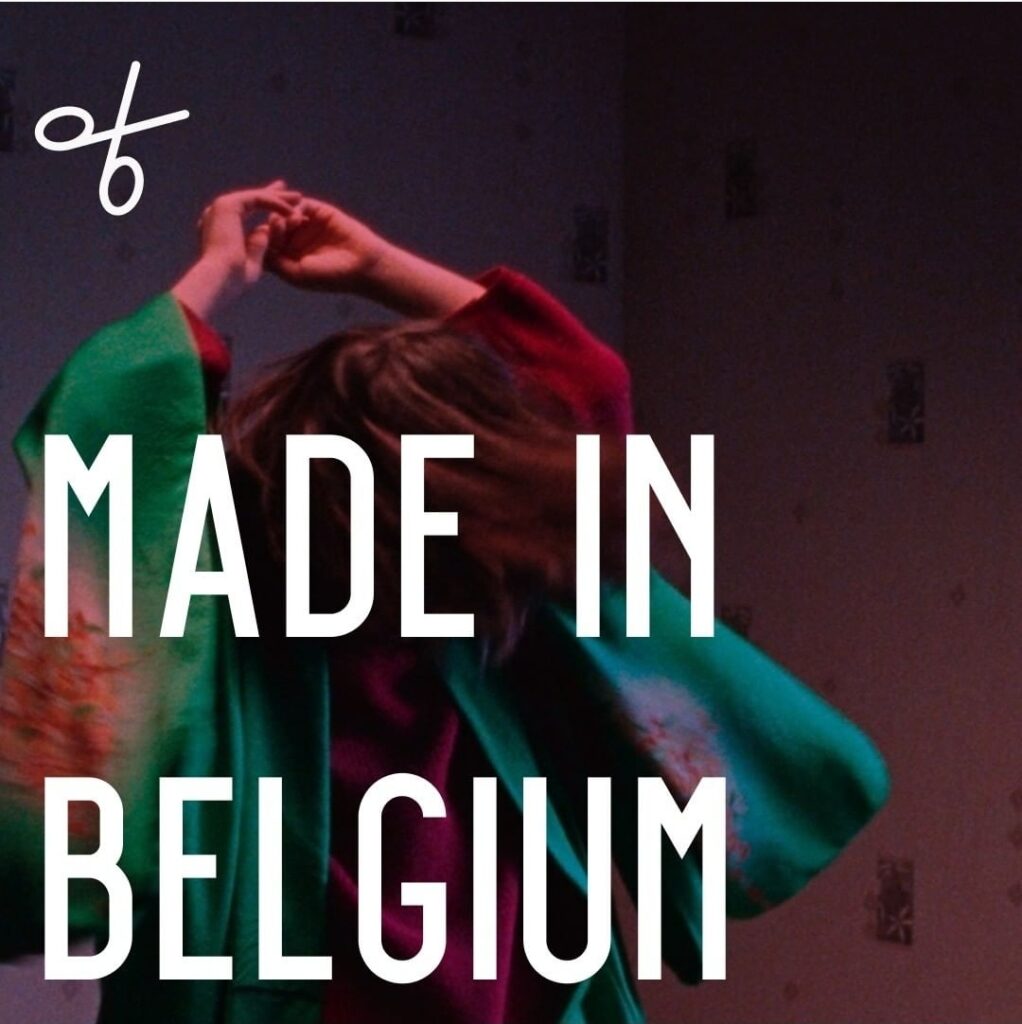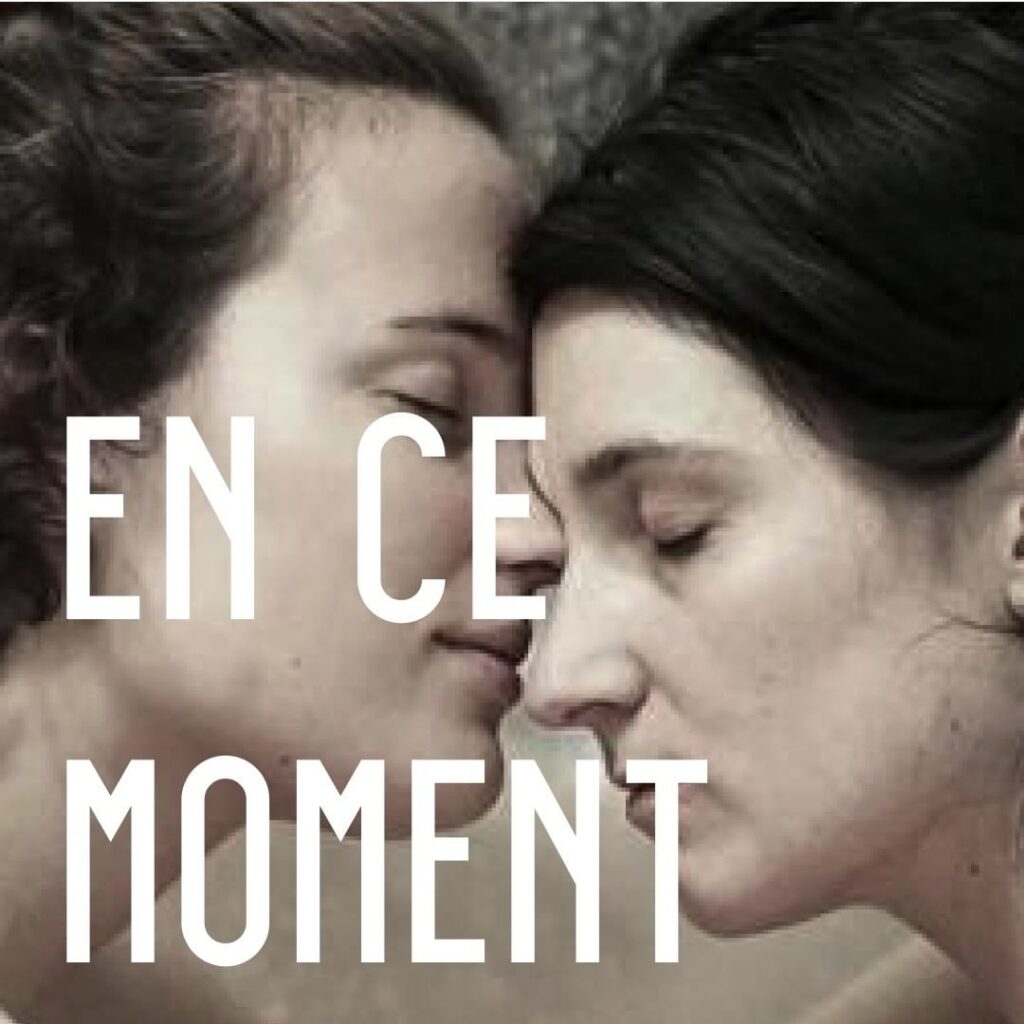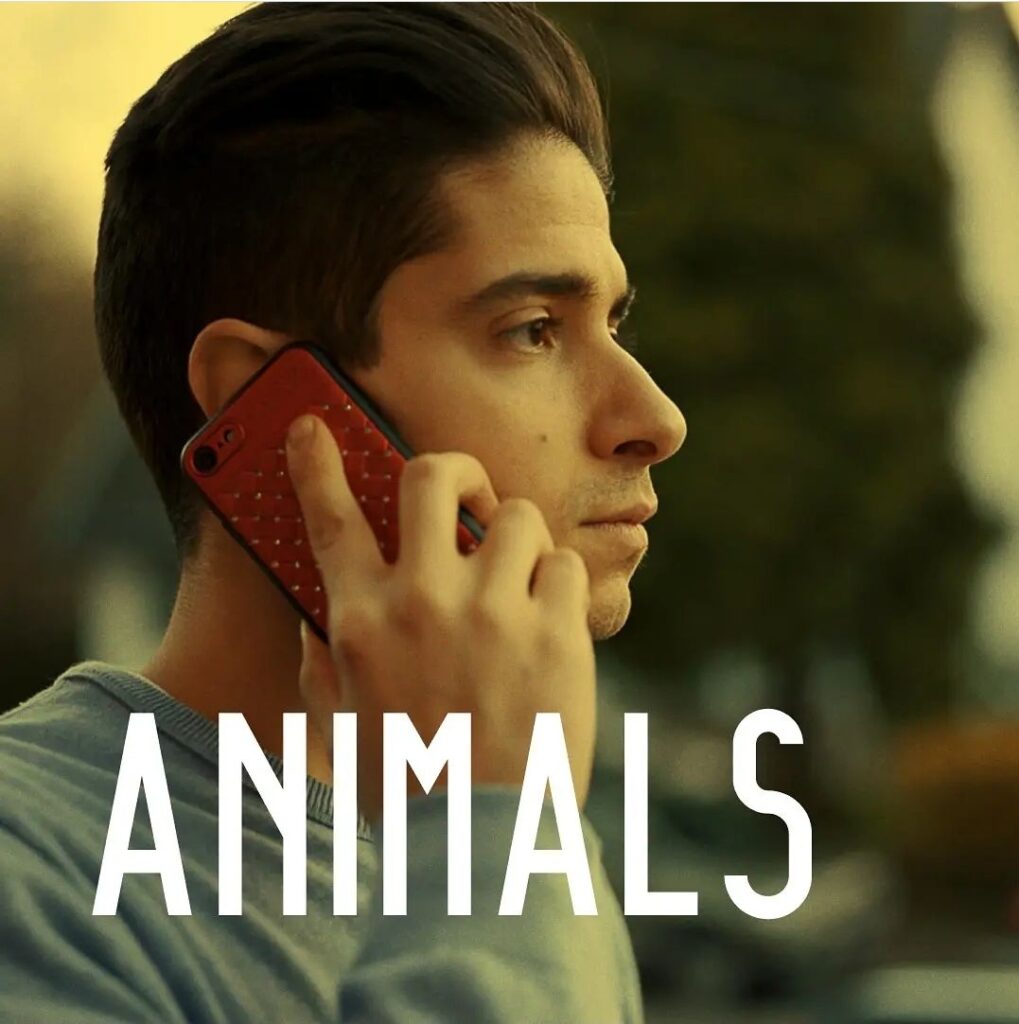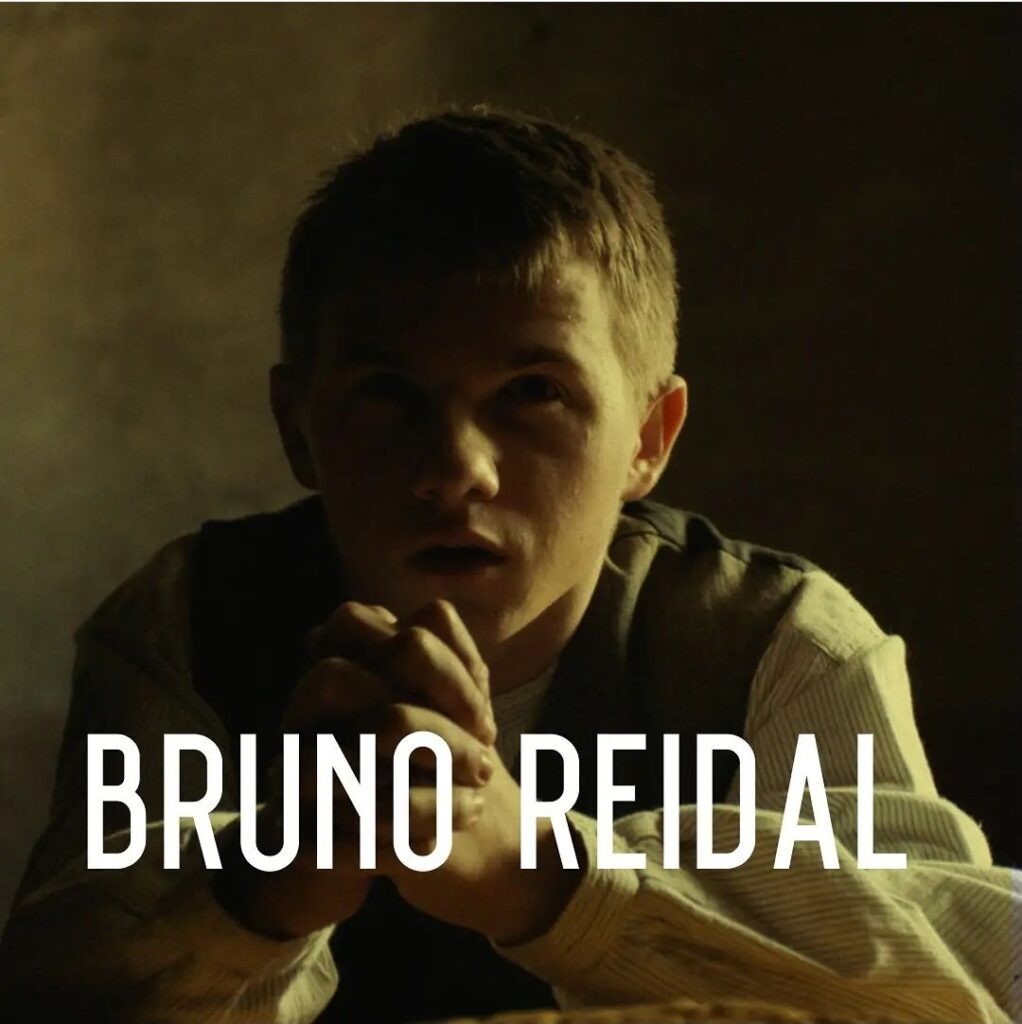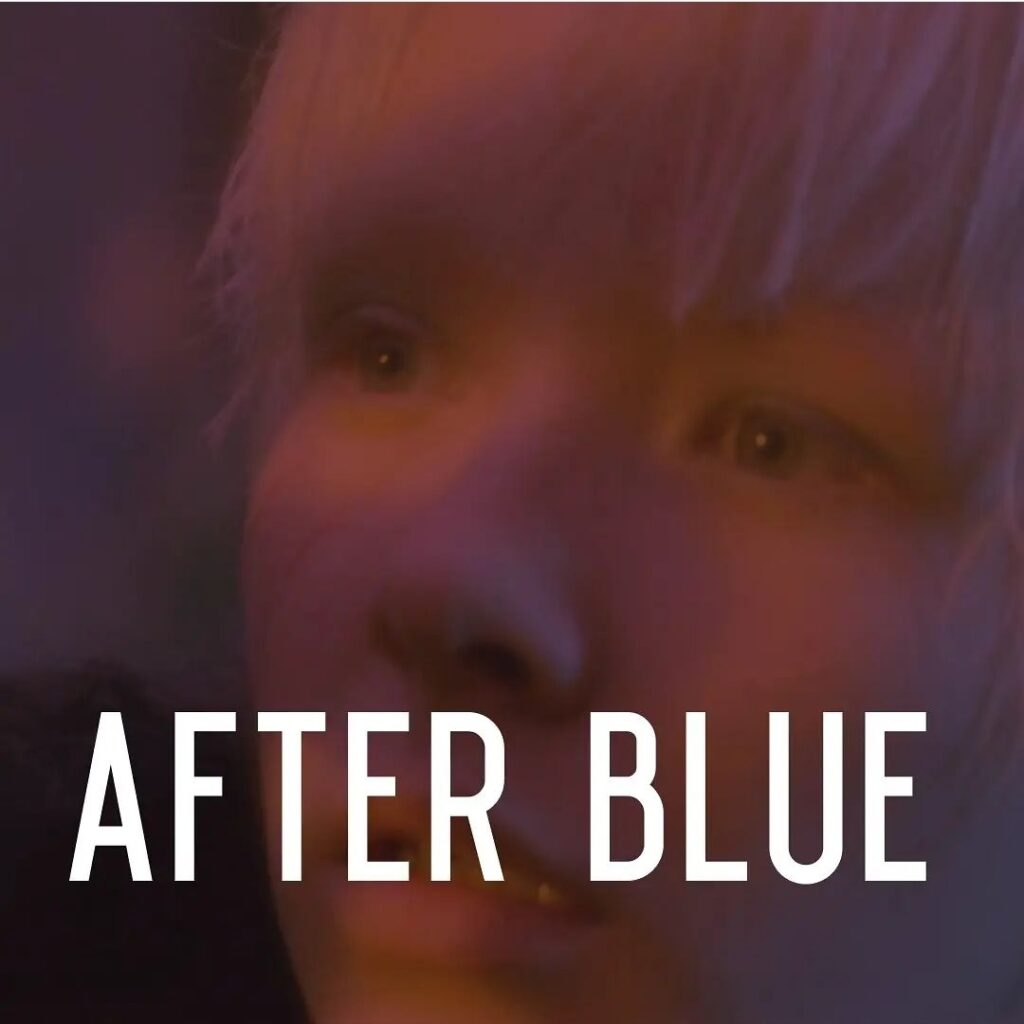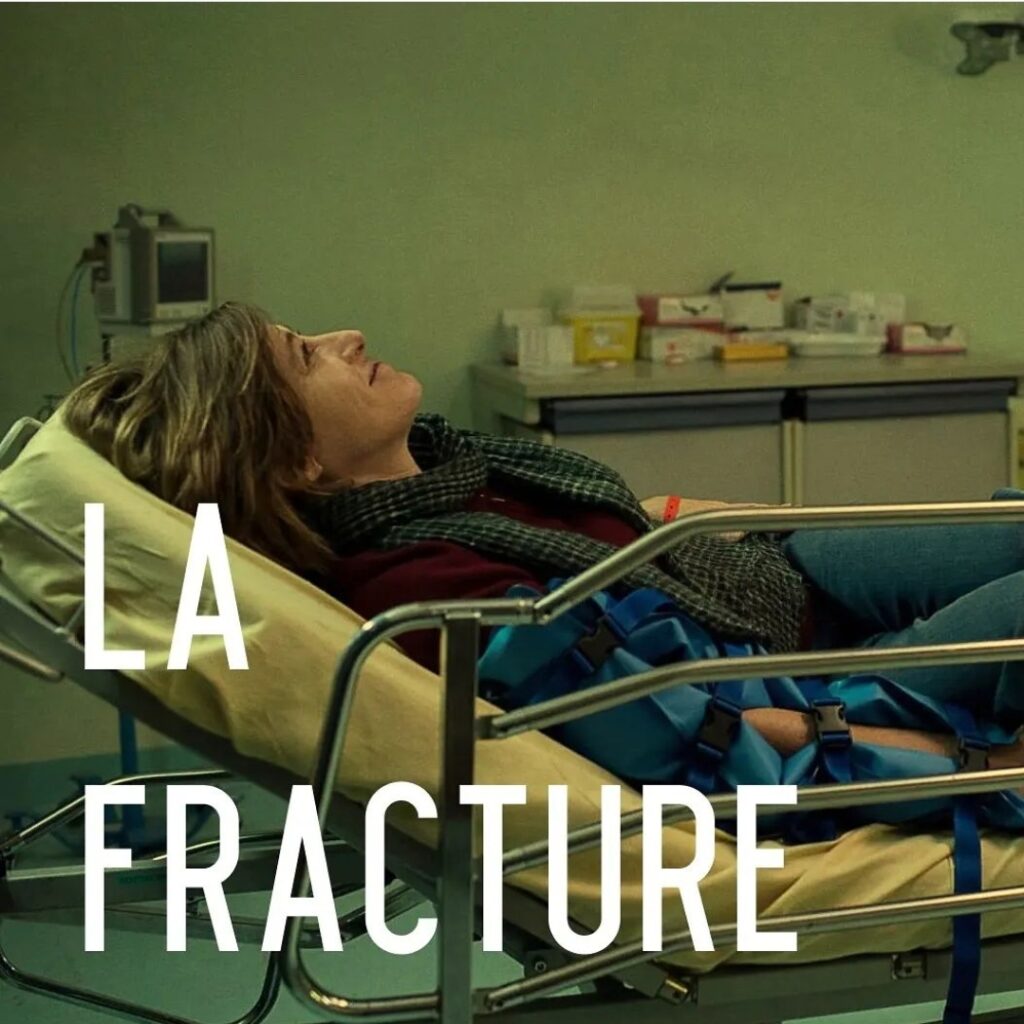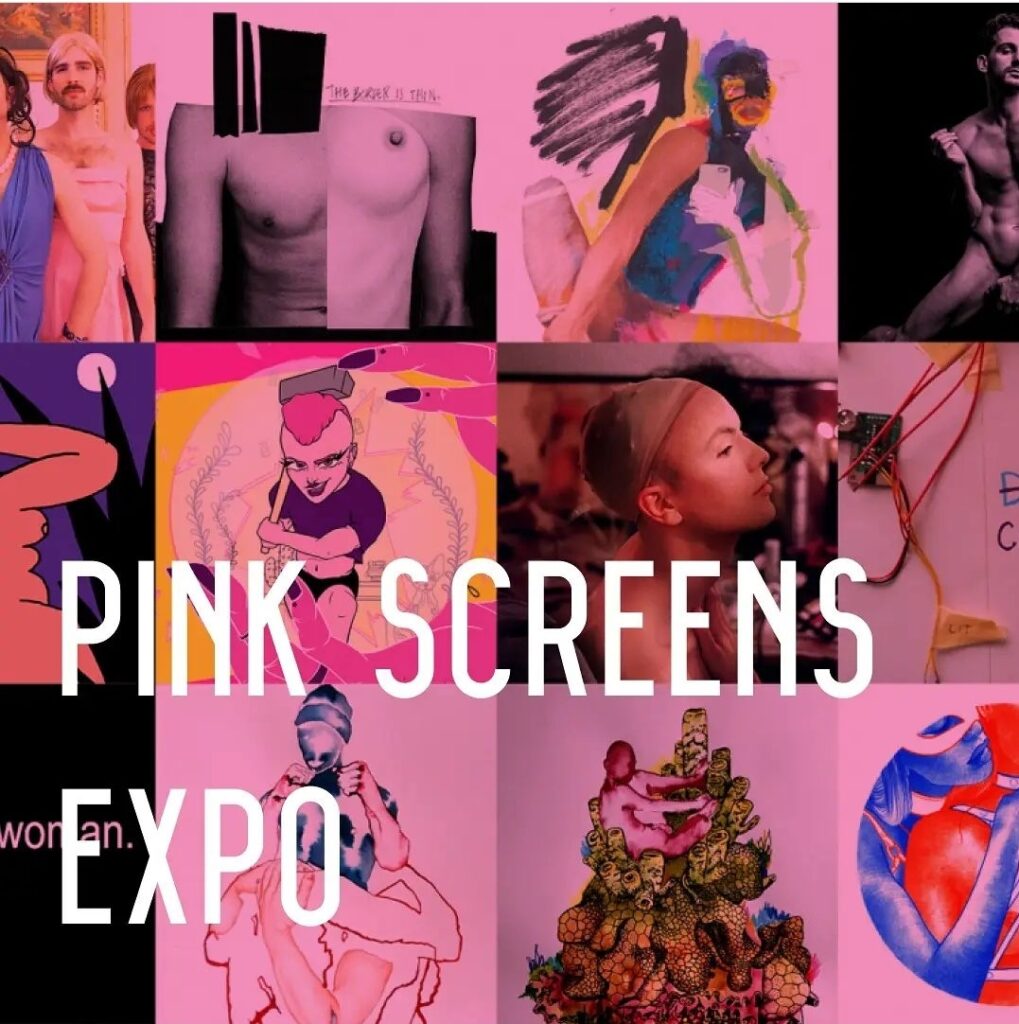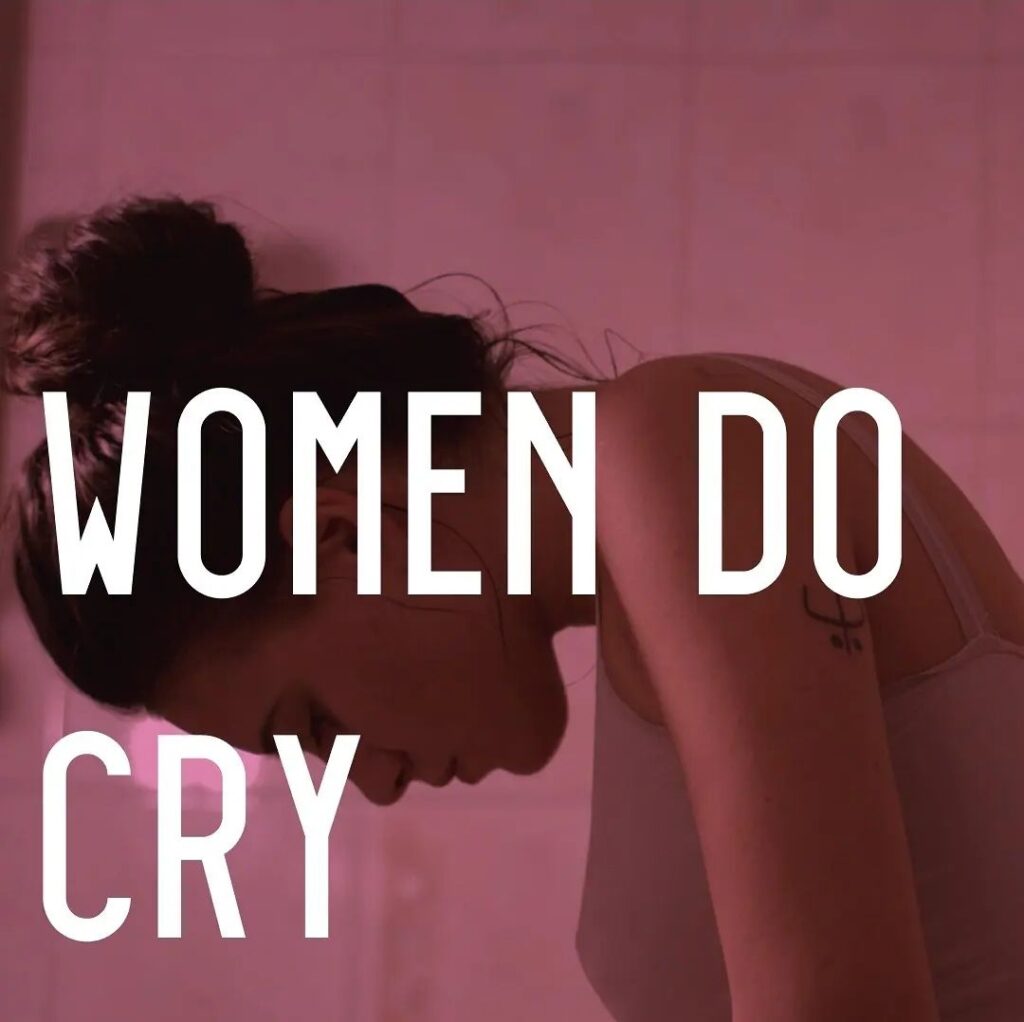It’s time, the Pink Screens festival 20th edition has just started and is on until November 20th.
We asked Clémentine Delisse, spokesperson of the festival to explain us everything about this year’s comeback editon.
This month, Pink Screens festival is finally back ! What changes can we expect for this first complete edition since the pandemic?
Pink Screens is back at Cinéma NOVA, and also at Galeries, Palace, Aventure and Beursschouwburg. We’re presenting around 55 screening sessions. We haven’t made any major changes, we’re just even more eager to reconnect with our public! We’ve been able to program around 100 films – 35 feature films and seven sessions of short films.
The last couple of years has shaken up film production, but there are still a lot of movies out there. This year’s programme also includes some of the films that we’d planned to include last year but didn’t get a chance to screen (Neubau, Moffie, Knives and skin,…). We want everyone to be able to see the films that they want, so we’ve doubled some film sessions. There will also be an exhibition of 13 queer artists that will happen in both Bar of Cinéma NOVA and extended to Cinema Galeries. There’s also an online component to this year’s festival – 10 films will be available to watch online.
Every Pink Screens lover knows Cinema Nova but other venues such as Galeries, Aventure, Palace and Beurschouwburg are involved in the festival this year. What can we expect at the different venues
This year, almost every night you will find a movie at Palace, Galeries and Aventure. This is a broader collaboration than last years indeed.
There is a focus this year on movies from Eastern Europe?
We have included a lot of films from Eastern Europe this year. Resistance of the queer community in those regions against different forms of conservatism is a key theme. Those movies talk about things such as hidden love in Georgia (Wet Sand,Cometas ), a gay cop in the closet in Romania (Poppy Field), a documentary about a non-binary young adult and supportive family in Hungary (Colors of Tobi), and women challenging the patriarchy in Bulgaria (Women do cry).
What can you tell us about the Belgian films included in the festival?
Moneyboys will be our opening film. It is a co-production between Taiwan, France, Belgium, and Austria. The film has been selected in the “un certain regard” category of the Cannes festival. It was entirely shot in Taiwan, directed by C.B.Yi – originally from China but now based in Austria. The film tells the story of Fei – a boy that moves to the city and works illegally as a sex worker. He sends money back to his family, but they don’t know that he’s a sex-worker.
Our Belgian selection of six shorts in our Made in Belgium session is not to be missed. One of the films in the shorts collection is En ce moment. This is a film from Serena Vittorini. It’s set in Brussels and gives us the story of two women living together during confinement.
Also in the short film collection is At Night We Fly – a film by Gert Jan Verdeyen. This story follows three non-binary friends on a night out in Brussels – fooling around and supporting each other.
In our Queer Xperimental short film collection – screening at Cinema Galeries on 19 November – you can see Lyly baise le Cis tème. This is a short film about Trans identity and desire. The filmmaker, Lylybeth, is a very engaged artist in the LGBTQIA+ community in Belgium – they talk about care, vulnerability and empowerment through art.
We’ve also got the premier of Animals. This film is hard and radical but it seemed to us to be indispensable – an important contribution to the dialogue aroiund the homophobic murder of Ishane Jarfi. Nabil Ben Yadir, the film’s director, will be with us at the festival to discuss the film. The film will be released to the general public in February.
From your point of view, what are some of the movies and guests that we can’t miss ?
There are movies for all tastes, but some to look out for include:
- Great Freedom – Hans, having already survived internment in a concentration camp, is thrown in jail, for deviant behaviour just after the war. He remained behind bars for a good twenty years. He and his comrades take a beating, are put in solitary confinement naked at the slightest sign of rebellion and are beaten by sadistic guards, while continuing to have occasional love affairs with various prisoners.
- Colors of Tobi – A Hungarian family is very supportive of their Trans teen.
- Au coeur du bois (Ladies of the wood ) – a documentary on the story of a Trans woman that works in Bois de Boulogne in France.
- The hill where lionesses roar – this is our closing film. This is the story of teenage girls who dream of avoiding the paths laid out for them by the omnipresent patriarchy. This is the first film of Luàna Bajrami.
- Bruno Reidal – the confession of a young seminarian that is taken into custody in 1905 for having killed a young boy. Vincent Le Port brings out the beauty of a true story in this remarkable, yet diabolically honest and cunning film.
- After Blue – this is the new long feature film from Bertrand Mandico. This time, he takes us to a planet in another galaxy. The planet is inhabited only by women and the not very welcoming fauna and flora.
We are also really excited about “La fracture”. It is amazing that the 2021 Queer Palm will be shown at the festival with director Catherine Corsini present. Can you tell us a bit more about it ?
Catherine Corsini will be in Brussels at Pink Screens for the Belgian Première of La Fracture. The film won the Queer Palm 2021 at the Cannes Festival. The film takes place over the course of a frenzied night in a Parisian hospital during a Gilet Jaune demonstration. The characters include a lesbian couple in crisis, a gilet jaune demonstrator, and a wonderful nurse. The film has an amazing cast – Marina Fois, Valeria Bruni Tedeschi, Assiatou Diallo, and Pio Marmai.
What about the other Pink Screens activities that are taking place during the festival?
We’re also presenting an exhibition of 13 queer artists – this will be at Cinéma NOVA and Cinema Galeries. The Pink Expo 2021 will feature photos, paintings, collage, installation, and a selection of poetry. Subjects tackled include bodies, plural identities, sexuality, sensualities, and militancy. The featured artists include Marie Casays – a Parisian illustrator known for her works with coloured pencils on paper, drawn from photographs. Her work is very carnal and daring. Also featured will be Egon Ghestem – a trans artist that works on the visibility of the trans identities. Through his collages, he deconstructs bodies to recompose them, to mix them and to deform them.
We also will have a debate – the topic will be Where Is The Queer? The debate will address what is actually a queer artist, a queer work, a queer audience. We’ll also address pink/queer washing, and all those passionate subjects. We’ll also be looking at our relation to porn, how we consume porn, how we talk about it.
Finally, you will also be able to meet the collective of Where We Belong – their performances are always very popular. This year, they’ll be reading sapphic correspondence.
Pink Screens is also about short movies and this year 7 themes have been chosen. What are they and how do you proceed to select the shorts ?
Our audience loves our short movie sessions, so do we. This year we have 7 of them. And we doubled two. A lot of pleasure. We don’t label it but you can find a fil rouge in all of them. In addition to our Made in Belgium, we are happy this year to put together a full session talking about transidentities and young ( Trans*Youth), but also… badass women and lesbian ( Reines de pique ), queer experimental forms in Queer Xpérimental, as it speaks for itself, a full session on bodies coregraphy in music ( Dance me to the end of love ), and the come back of our session Get animated ,with a lot of animated short or very short adventures. and gay encounter and… other things ( Strange places for a date, Fun and other things )
You may also like
-

Why Staying in Brussels in July Is Absolutely Brilliant
In partnership with Visit.brussels If you think summer in Brussels means empty streets and closed
-

Couleur Café 2025: A Brussels Festival Championing Accessibility and Inclusion
Thirty-five years after its very first edition, Couleur Café has once again proven itself to
-

The Garden of Beats: Paradise City Turns 10 with Radical Joy and Purpose
There are festivals, and then there’s Paradise City. For one sun-drenched weekend in June, just
-
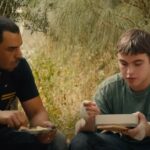
Enzo: A New Perspective on Youth and Dreams
Robin Campillo, the acclaimed director behind 120 Beats Per Minute, returns to the spotlight—this time bringing
-

Young Hearts: A Lighthearted Lesson in First Loves and Emotional Discovery
Imagine being fourteen again—everything feels new, emotions run wild, and the world seems both enormous

